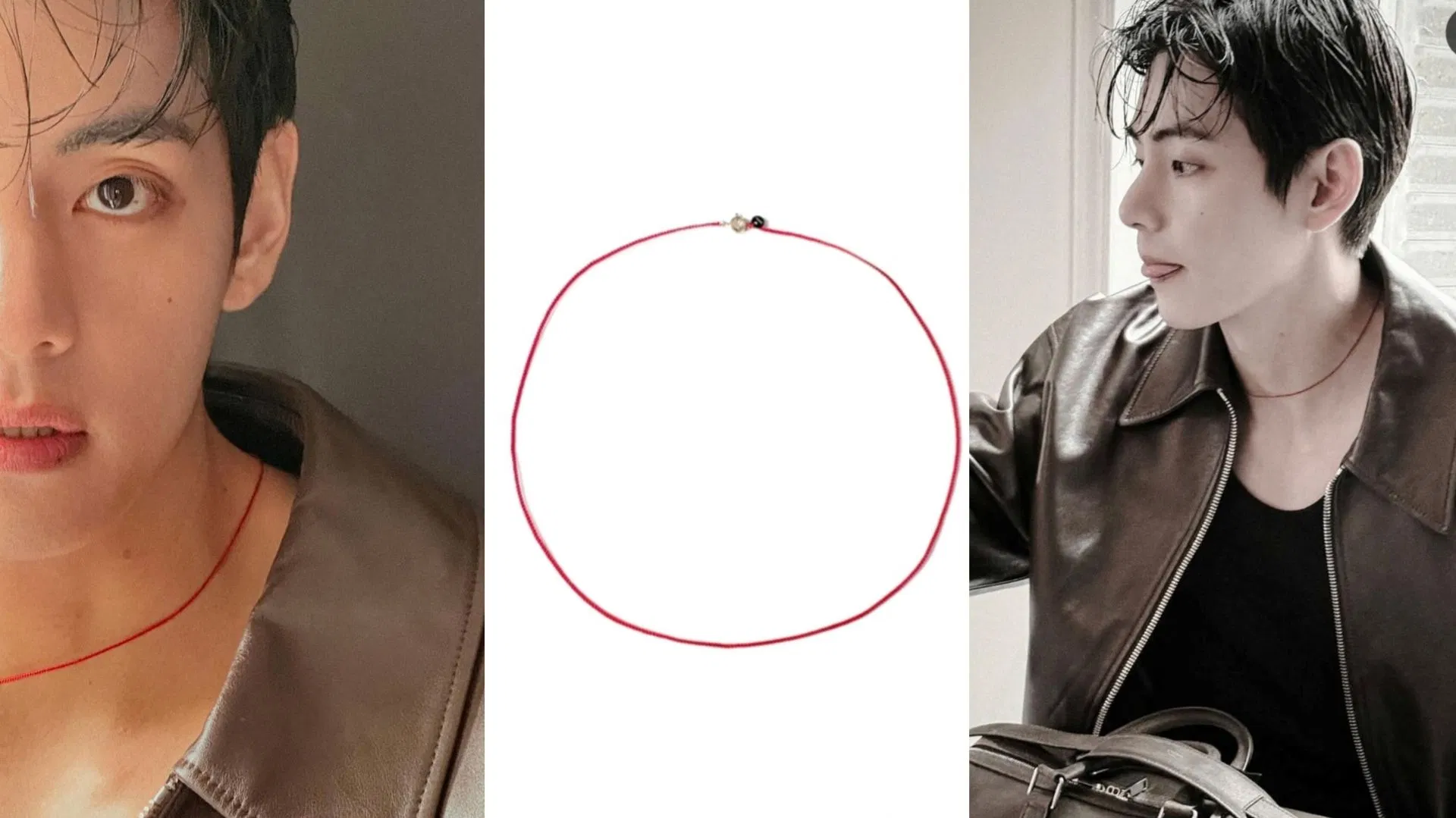Copyright Forbes

Inga Bielińska is an MCC ICF coach who helps clients leverage their talents and expertise to become effective leaders. Most leaders find it challenging when I say that they need to reconsider saying "I don’t know." Dishonesty and lying are real problems in both managing people and doing business. At the same time, saying "I don’t know" and leaving it at that does not build a good reputation. It erodes trust. And more importantly, it makes your team, peers and clients lose confidence in you. Let’s take three important values that most leaders follow: authenticity, honesty and confidence. In leadership, these three often walk a fine line. Most executives would agree that showing up authentically and exhibiting honesty are nonnegotiable values. Yet, I have personally witnessed moments in meetings where a well-intentioned leader in the pursuit of honesty blurted out "I don’t know" and unintentionally weakened another vital leadership quality: confidence. One of your roles as a leader of a team, project or organization is to make sure that the people who follow you have confidence in you. The Clash Of Values Leaders are expected to be anchors of certainty. Saying "I don’t know" may be technically accurate, but it can project hesitation and weaken authority in the eyes of stakeholders. In business, perception matters. What you say is not only about accuracy. It also shapes how others feel about your ability to lead through uncertainty. Saying "I don’t know" without any follow-up sounds like avoidance and lack of ownership. It may leave others wondering if you care enough to find out. Moreover, it can put the psychological safety of a team in jeopardy. When a leader sounds unsure or detached, it creates anxiety and confusion. People need direction as much as they need transparency. People want to trust that even if things are murky or uncertain, you have ways to move forward. Even better, they want to believe that together with them and their collective wisdom, you will find the solution to whatever problem is out there. So, the real question is how to hold these three values—authenticity, honesty and confidence—front and center, and make sure that as a leader you show up as both truthful and credible. How To Reframe 'I Don’t Know' Please, do not abandon honesty. Just look for ways to reframe your statement so it reflects confidence. That means acknowledging uncertainty while signaling control, ownership and forward momentum. Even though admitting not knowing demonstrates intellectual honesty and humanizes leaders, if you want to live by the three values of authenticity, honesty and confidence, replace "I don’t know" with language that will not compromise honesty. Think of it as strategic humility. For instance, saying "I don’t know" but immediately following it by a plan ("Let’s find out") combines humility with leadership action. It shows that you are transparent about the present but committed to shaping the future. It also reinforces that you are still the person responsible for moving things forward. Here are some examples of how to replace "I don’t know" while keeping honesty and confidence intact: • "That’s a great question, I’ll confirm the details and follow up." • "Let me connect with the right team member and come back to you." • "I’d like to verify before answering, but I’ll make sure you get the correct information soon." • "We don’t have complete data on this yet, but I’ll ensure you’re updated as soon as we do." • "Excellent point. Let’s capture it and return with specifics." • "That’s in progress; I’ll keep you posted on developments." (Use this only when the item truly is in progress. Never say it just to make people feel safer in the moment, because if it turns out to be false, trust will be hard to rebuild.) • "I’ll take responsibility for gathering that information." • "Let’s bring in [Name], who’s closest to this work." • "At this stage, it’s not finalized, but I’ll share updates as soon as we know more." Each of these phrases keeps integrity while projecting assurance. They all communicate one clear message: I may not have the answer right now, but I am in charge of getting it for you. Why This Matters Being a leader means showing that you can handle anything that comes your way. Teams, clients and stakeholders draw confidence not from your knowledge alone but from your calm presence and your ability to take action even when the path is uncertain. When you reframe "I don’t know" into a statement of responsibility, you model both humility and leadership. You show that honesty does not have to come at the expense of authority. You show that integrity and confidence can coexist. The truth is that "I don’t know" is not a dangerous phrase by itself. The problem is in leaving it hanging in the air without ownership or next steps. Leaders who stop there unintentionally communicate disengagement. Leaders who take that same uncertainty and turn it into action build credibility, trust and respect. The Fine Line To Walk I hope that you can see now that authenticity and confidence are partners. One shows who you are, and the other shows what you can do with who you are. The key is balance. Too much authenticity without leadership framing can sound weak and uncertain. Too much confidence without authenticity can sound arrogant. The art of leadership communication lies right between the two. So, yes, I tricked you a little bit at the beginning. I am all in favor of authenticity and honesty. But I also believe that leaders need to leave people with a sense of confidence. The best leaders show both truth and direction. They do not pretend to know everything, but they also do not abandon the people looking to them for stability. From that perspective, you can be both: uncertain and able to handle anything.



